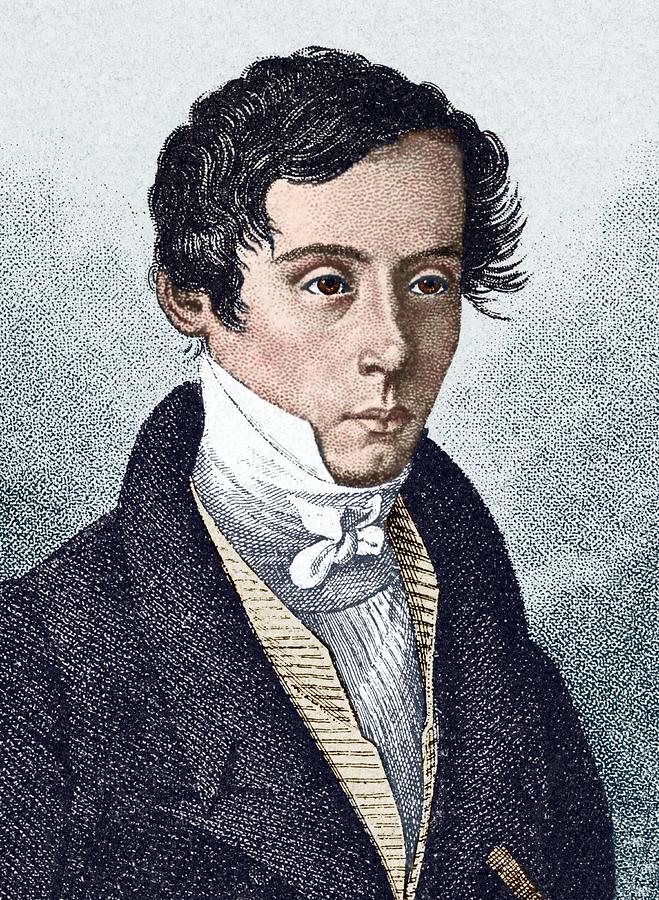Augustin-Jean Fresnel was a French engineer and physicist born on May 10, 1788, in Broglie, France. He made significant contributions to the field of optics and wave theory, revolutionizing the design of lighthouses and improving the understanding of light propagation.
Fresnel’s most notable work centered around the development of the Fresnel lens, a compact and efficient lens design that greatly enhanced the power and range of lighthouse beams. His innovation played a crucial role in maritime safety, as the Fresnel lens allowed for the creation of more powerful and focused light signals, guiding ships safely through treacherous waters.
In addition to his work on lighthouse optics, Fresnel made important contributions to the understanding of light as a wave phenomenon. He supported the wave theory of light proposed by Thomas Young and extended it with his own insights. His work on diffraction and interference patterns significantly advanced the understanding of light’s behavior.
Fresnel’s dedication to science earned him recognition, and he became a member of the French Academy of Sciences in 1823. Despite facing initial resistance to his ideas, his contributions to optics and wave theory eventually gained widespread acceptance and laid the foundation for future developments in the field.
Augustin-Jean Fresnel passed away on July 14, 1827, leaving behind a lasting legacy in the realms of optics and maritime safety. His work continues to influence the fields of physics and engineering, with the Fresnel lens remaining a symbol of innovative design and scientific progress.

